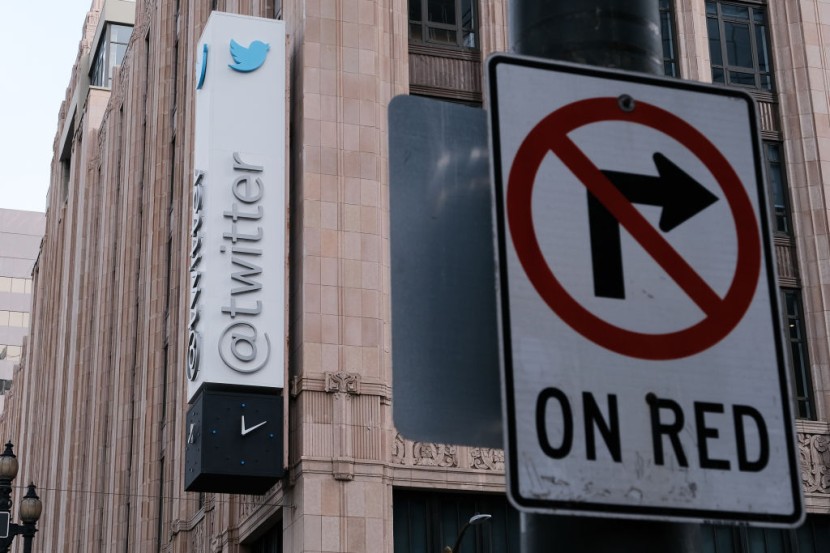
Election experts anticipate a surge in internet misinformation as Americans walk to the polls on Tuesday's US Midterm Elections, days after Twitter Inc. sacked half its workforce and new owner Elon Musk suggested voting for Republicans on the popular social media platform.
Researchers who monitor election misinformation told Reuters that threats, foul language, and false claims of vote rigging have been widely disseminated in the run-up to the US midterm elections, which will decide control of Congress for the next two years.
It's a common belief that fraud is to blame for the slow counting of votes, and that sickness outbreaks are staged as "scare tactics" to influence the election.
Twitter's Friday layoffs appear to have slowed the company's response to fake stories, as per Common Cause, a D.C.-based nonprofit that monitors social media for voter suppression activities.
Common Cause reported that Twitter was taking longer than usual to review the tweets it flagged, although Twitter staff were still acknowledging receipt of the tweets.
The organization expressed concern about the fact that it has taken Twitter significantly longer than usual to determine whether or not the tweets in question violate Twitter's regulations.
The organization stated that the procedure generally only takes a few hours, but that tweets reported on Friday were still "under review" as of Monday evening.
A request for comment was not immediately answered by Twitter, which just lost a large portion of its communications crew.
Twitter Management Assures Continued Monitoring of Misinformation Despite Layoffs
Elon Musk dismantled Twitter's content filtering, human rights, and machine learning ethics teams a week after acquiring it for $44 billion.
The layoffs extended to engineers working on both the product and the essential infrastructure departments.
Yoel Roth, Twitter's head of safety and integrity, and Elon Musk, the company's chief executive officer, have both made public statements to reassure users, civil rights organizations, and advertisers ahead of the midterm elections.
After meeting with activist groups that have pushed advertisers to stop running Twitter advertisements, Musk tweeted last week that Twitter would maintain and implement its election integrity regulations.
On Friday, Roth added that the trust and safety team, which is in charge of policing inappropriate information, was less affected by the cutbacks than other departments.
On Monday, Twitter's new CEO Elon Musk announced platform-wide guidelines, adding to the uncertainty about what kinds of posts will be tolerated going forward.
Elon Musk New Guidelines Fail To Address Misinformation
Elon Musk claimed the regulations will "evolve," but the guidelines he connected to on Monday did not address how the business will combat inaccurate statements on the platform, The Hill reported.
The new regulations do make it clear that some behaviors, such as glorifying violence, promoting terrorism, sexually exploiting children, and harassing specific individuals, are not permitted. They prohibit impersonating others and publicizing private information.
The Twitter Rules announced Monday and shared by Musk to his 114 million followers do not reference several standards the network had in place before Musk's $44 billion acquisition, such as rules to prevent misrepresentation regarding COVID-19 or crisis disinformation concerning conflict zones like Ukraine.
Users are prohibited from using Twitter "for the aim of manipulating or meddling in election or other civic processes," as stated in Twitter's policy on civic integrity, which is not affected by the new restrictions.
CNA reported that one of Elon Musk's proposals is to charge users US$8 per month to have a blue tick next to their name, which is now a badge of authenticity for politicians, celebrities, journalists, and others.
Musk has stated that this is an effort to curb online trolling by making it unfeasible for trolls to maintain several accounts.








